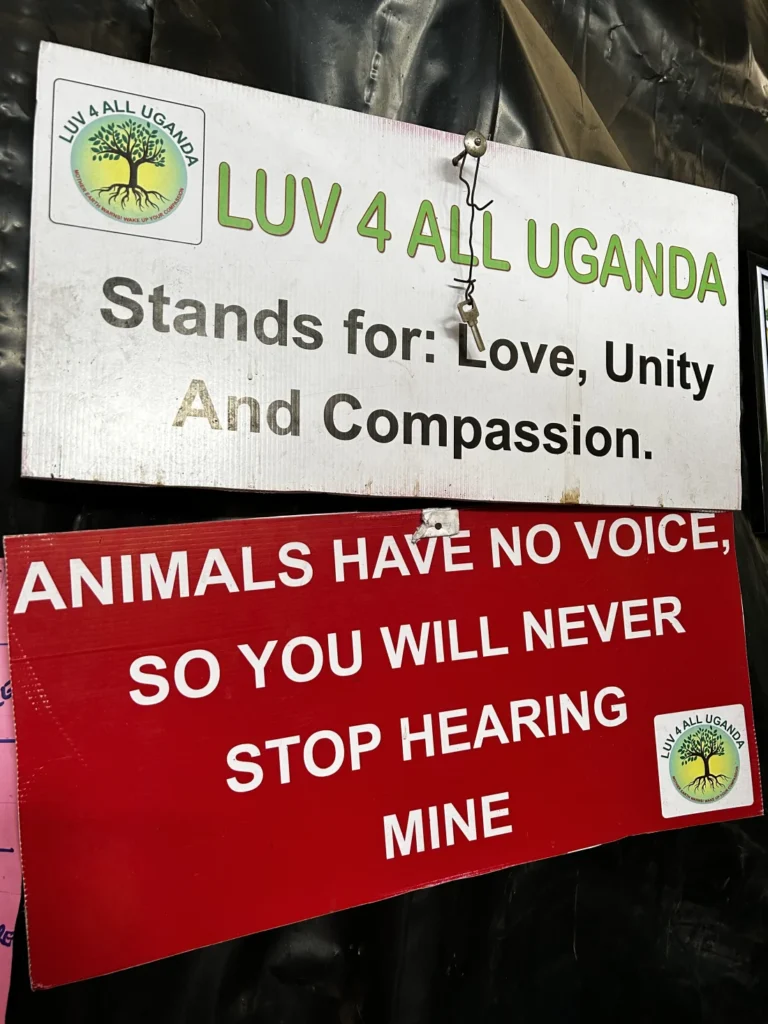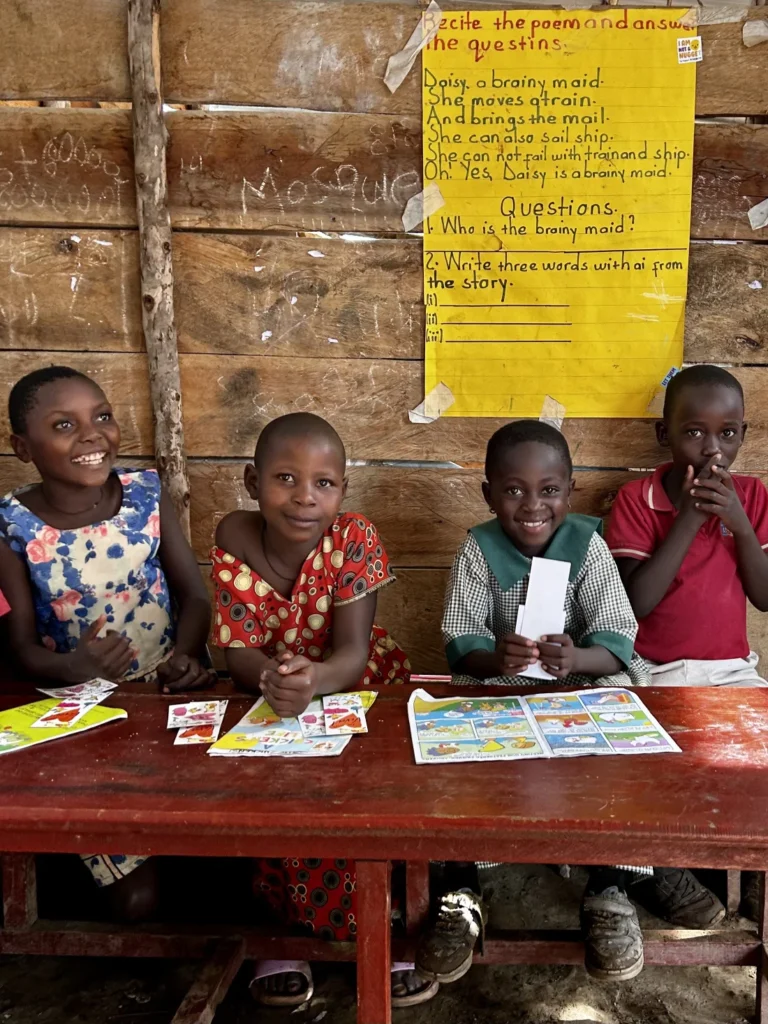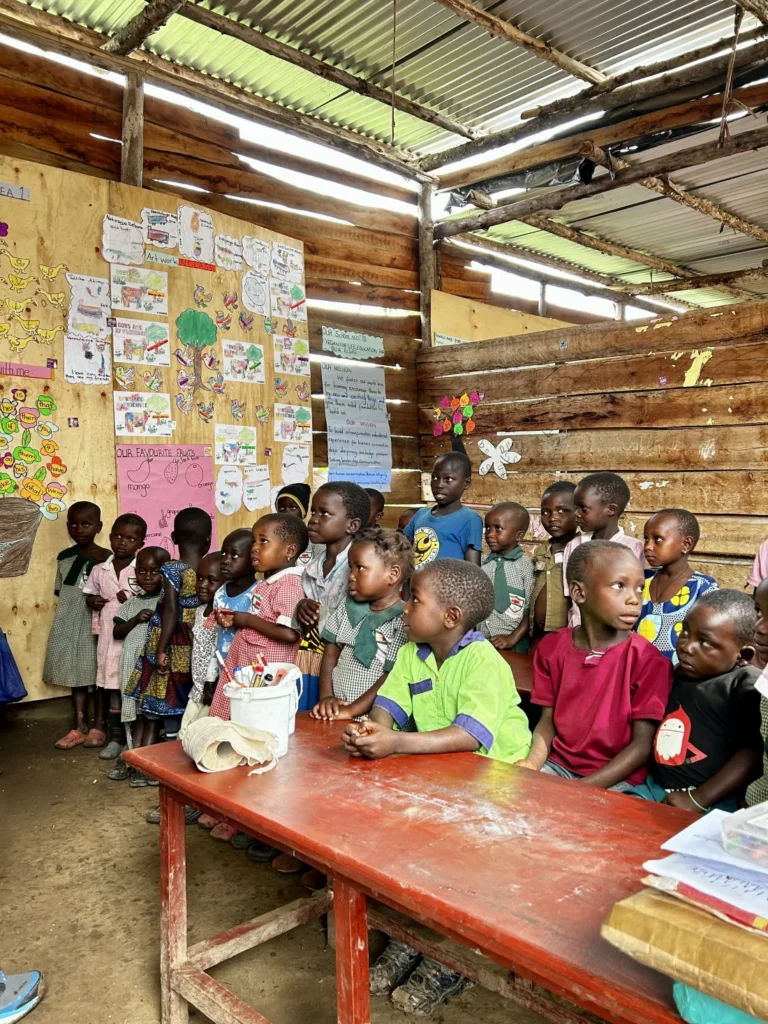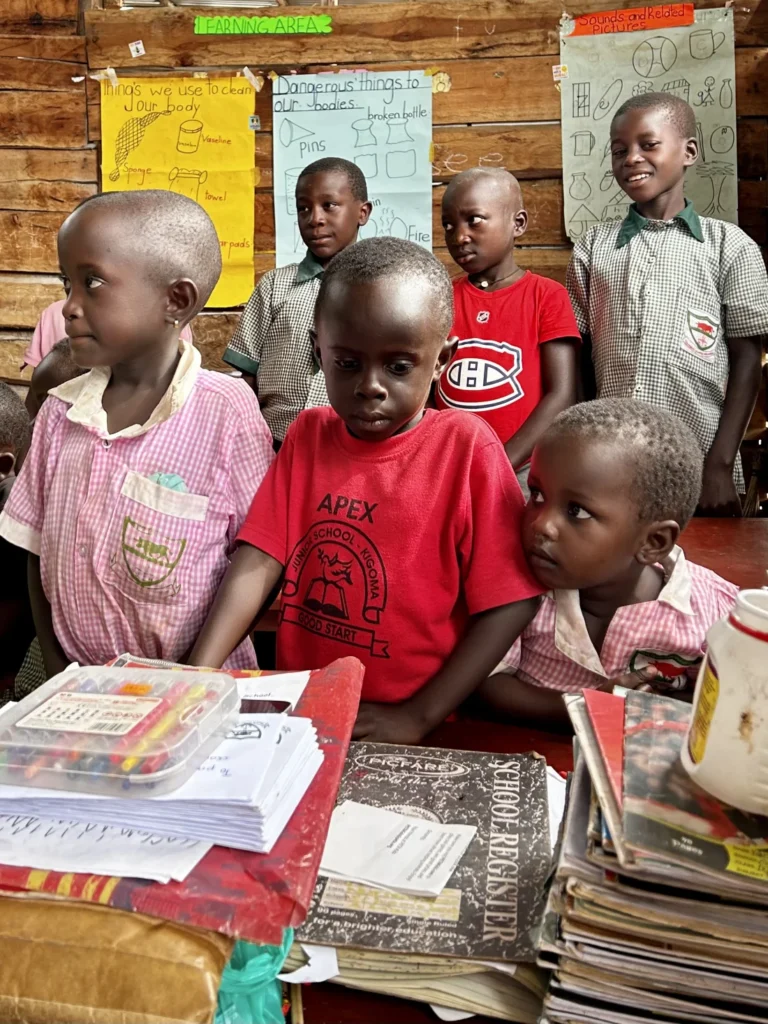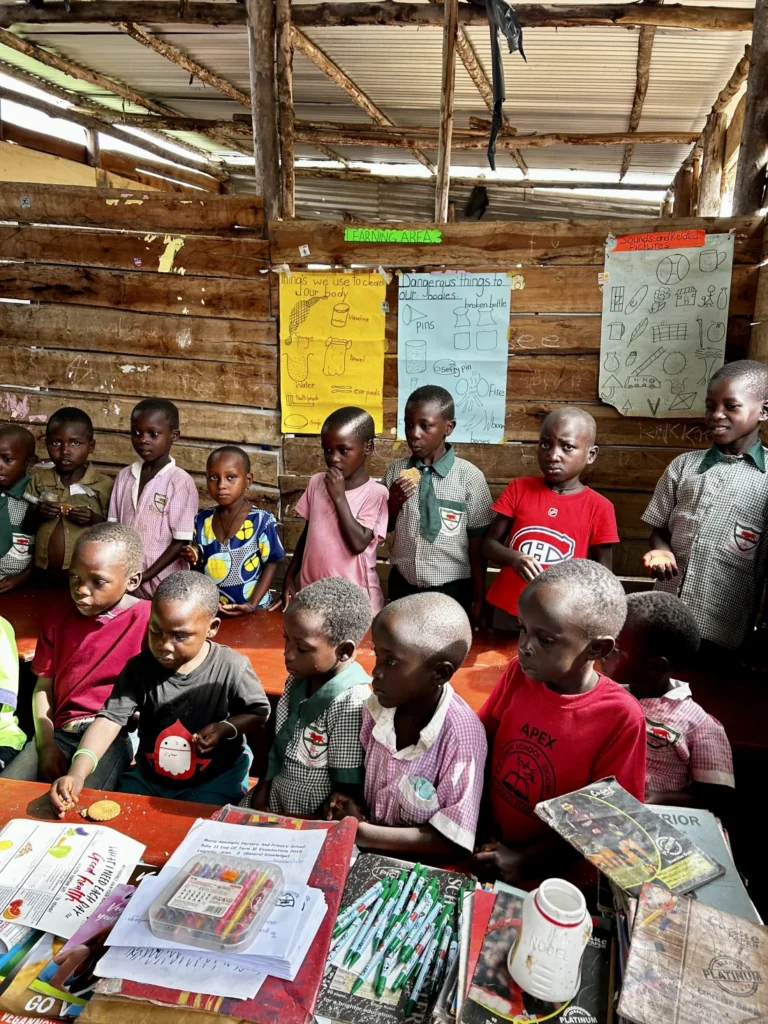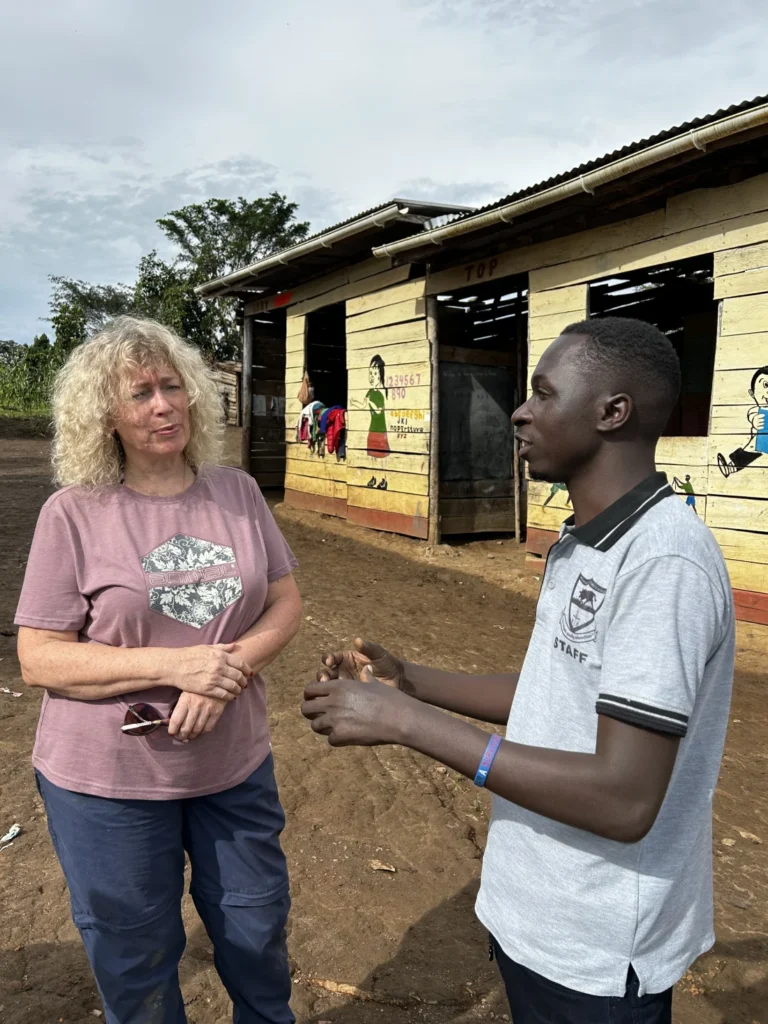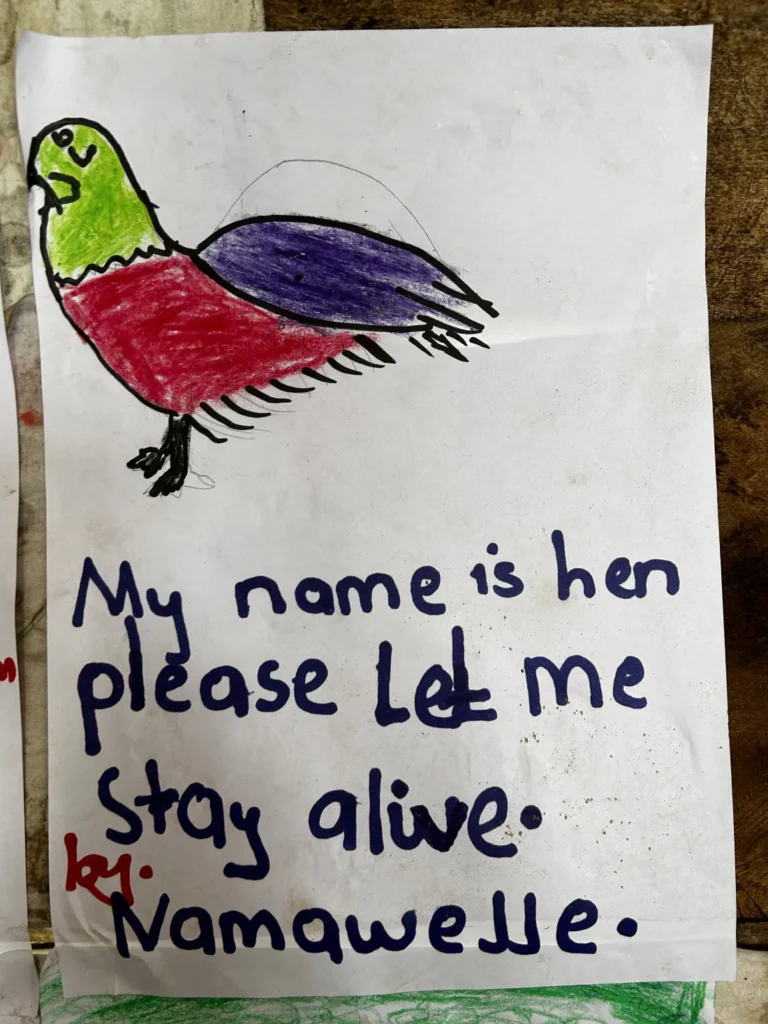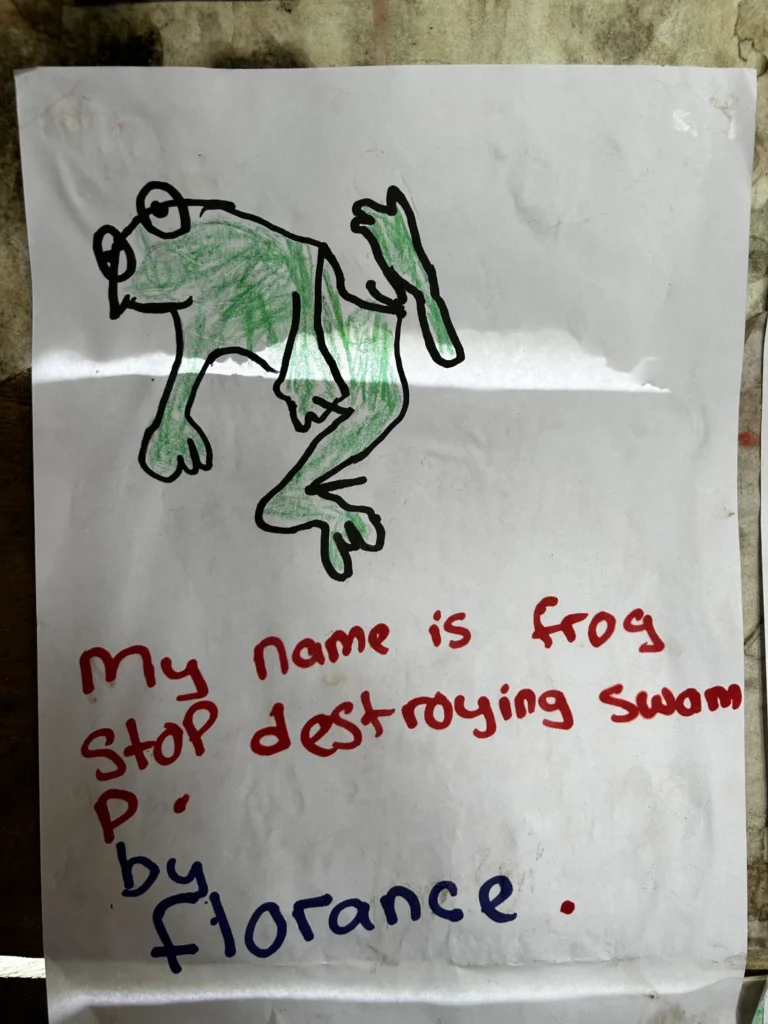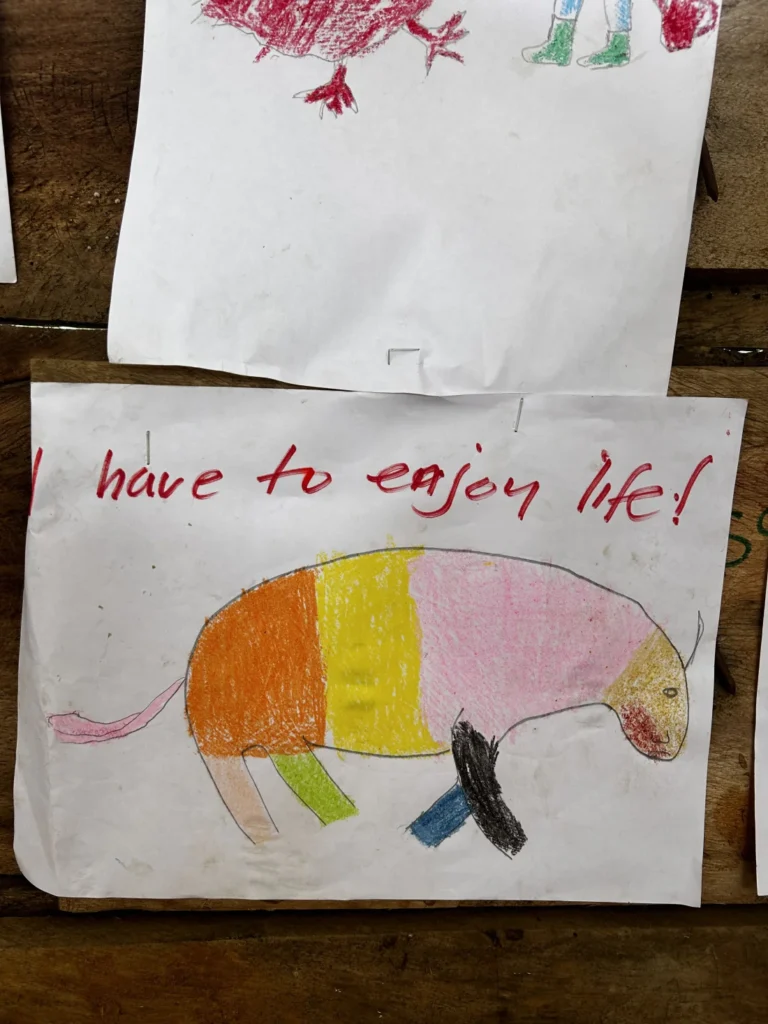While much of the wildlife in Uganda suffers greatly from poaching and the illegal logging trade, there is a larger overarching threat that threatens all life on earth. Climate change. However, it won’t affect all countries equally, the global south is predicted to suffer much more than the global north and drought, resource scarcity and extreme weather are already impacting Uganda. Climate change may seem like a spectre for us on the horizon, but for many in the global south its consequences are already a reality, with drought, flooding and human-wildlife conflict on the rise due to animals losing their habitat and seeking food in human-dominated landscapes. These changes pose an existential threat to the wonderful wildlife found across Uganda as their habitats shrink under the relentless march of climate change.
One of the most powerful ways to fight back against the climate crisis is going vegan. The United Nations Environment Programme stated over a decade ago: “A substantial reduction of climate change impacts will only be possible with a substantial worldwide diet change, away from animal products.”
Population growth and an increasing demand for meat, especially in developing nations with rising GDPs, are setting their eyes set on meat as an affluent food. This desire causes the carbon-sequestering forests and plants to be destroyed to grow feed for cows, pigs, chickens, goats and sheep. Put simply, the world can’t afford more meat, with cattle farming already taking up 84 000 km² of Uganda’s 200,520 km² landmass, it is imperative that more sustainable approaches to agriculture are adopted.
Viva! Uganda has started working towards a future in which sustainable, plant-based farming methods are the norm in Uganda with Atlas Community School , a local vegan Ugandan school project run by Mike Musisi of Luv4All – which in partnership with Viva! Uganda teaches the 200 children aged five to 10 how to farm sustainably on their four acres of fertile land. Here the children – all from a poor rural location – are not only given the opportunity to learn sustainable farming for their own future, they learn from a varied curriculum which includes vegan health, nutrition and animal rights. This is why Viva! Uganda has supplied the school with £9,000 worth of fencing to protect the school from closure. The fencing was needed to stop landgrabs and because it is a legal requirement by Ugandan authorities.
The children, like those in the COVCC orphanage are poor and struggle to afford daily meals, the school’s land allows them to eat fresh vegetables and fruit every day, emphasising to the children how a nutritious diet is possible while being kind to all kind. While the children learn how to harvest their own food, they’re also taught about the connection between traditional farming methods and wildlife loss. They are also taught that animals are fascinating and complex, as emotional as humans, and deserve respect and to live free from exploitation.
Viva! is getting the next generation of Ugandans ready to help the animals and live in harmony with our world – with wildlife, ‘pets’ and farmed animals, this is emphasised through the 3-day vegan festival Atlas recently ran in partnership with Viva! which helped to provide healthy local vegan food and education for the local community.
